
I accept all terms and conditions

Knowledge products by thematic areas from the research initiatives and various activities of SEARCA and its partners


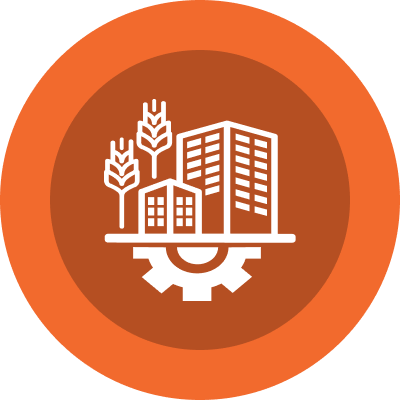


An Integrative System of Information and Modelling for Recommendations Domains of Agricultural Best Management Practices and Technologies
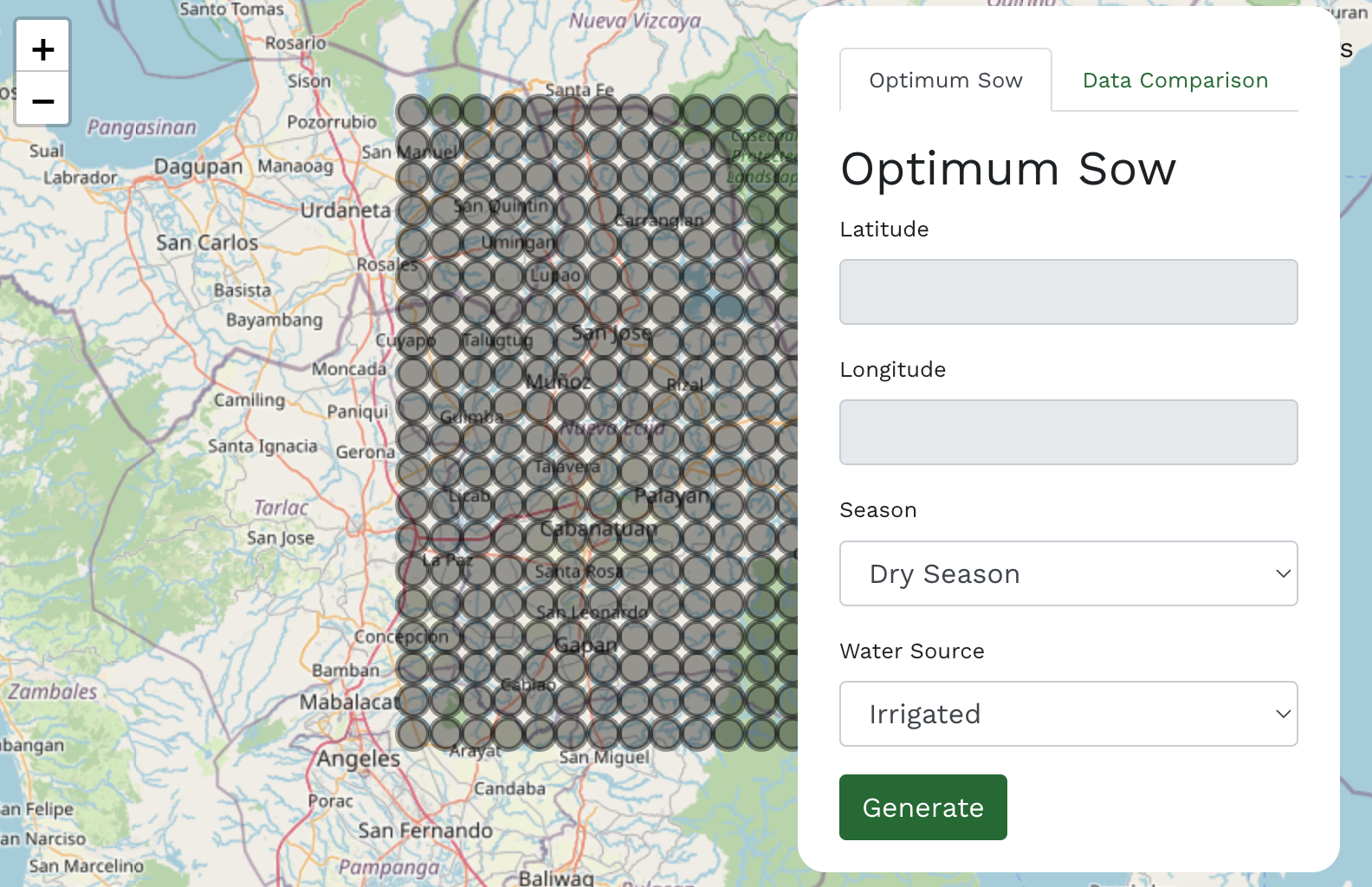
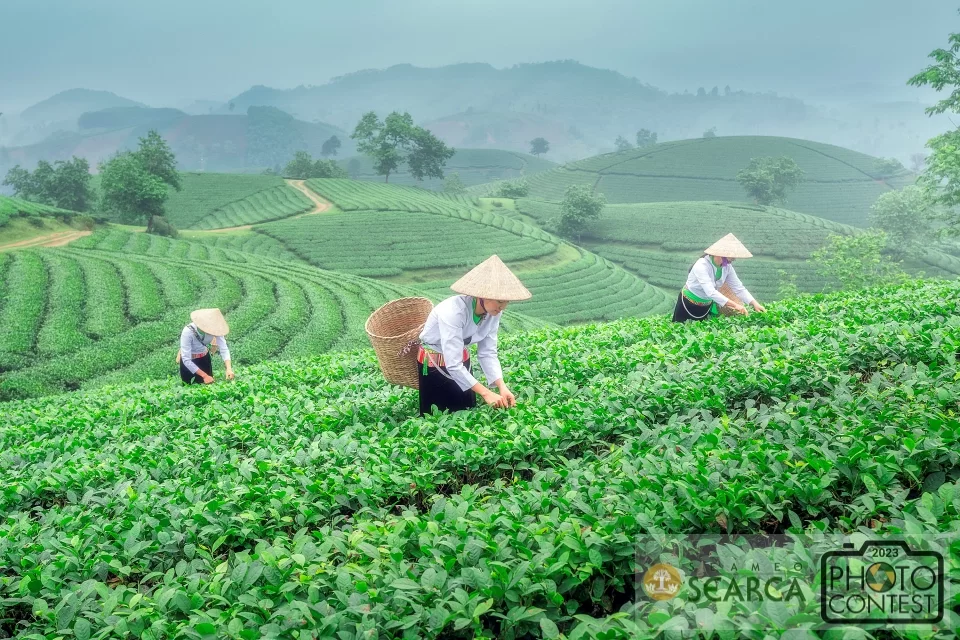

Built upon SEARCA's experiences and goals in developing and disseminating science-based information, the K-Hub aims to create a collaborative space for learning through this. The platform is set to be a system that produces a digital lifestyle, allowing its users to share and co-learn about each other's experiences in day-to-day operations.
Learn MoreIncreased awareness and knowledge of its members, partners, and stakeholders on the most pressing issues and challenges faced by the agriculture sector.
Featured Resources
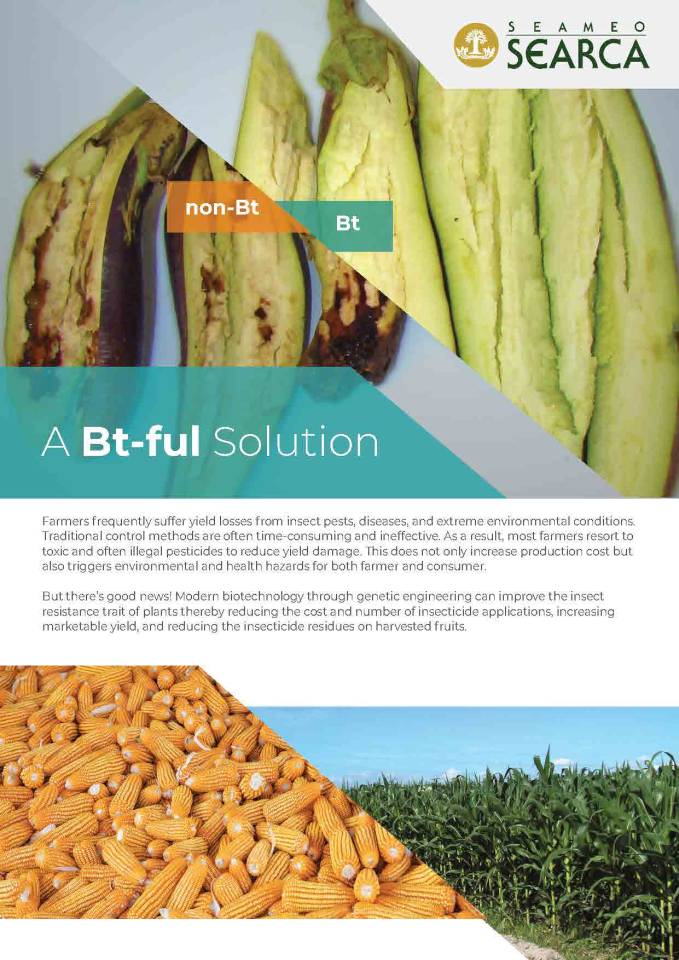
Farmers frequently suffer yield losses from insect pests, diseases, and extreme environmental conditions. Traditional control methods are often time-consuming and ineffective. As a result, most farmers resort to toxic and often illegal pesticides to reduce yield damage. This not only increases production costs but also triggers environmental and health hazards for both farmers and consumers. But there’s good news! Modern biotechnology through genetic engineering can improve the insect resistance trait of plants, thereby reducing the cost and number of insecticide applications, increasing marketable yield, and reducing the insecticide residues on harvested fruits.
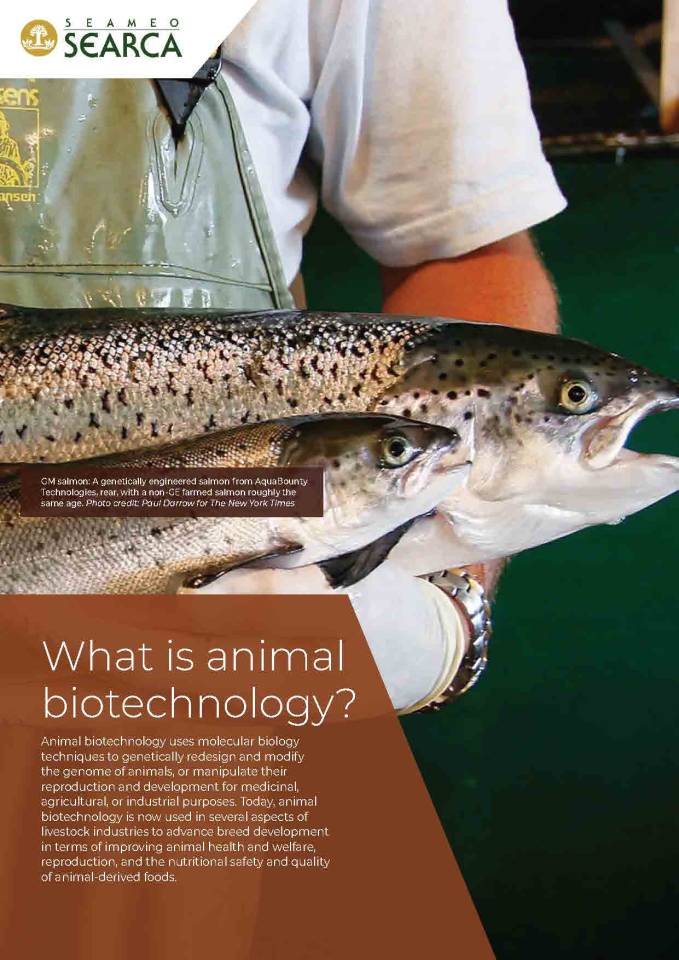
Animal biotechnology uses molecular biology techniques to genetically redesign and modify the genome of animals or manipulate their reproduction and development for medicinal, agricultural, or industrial purposes. Today, animal biotechnology is used in several livestock industries to advance breed development to improve animal health and welfare, reproduction, and animal-derived foods’ nutritional safety and quality.
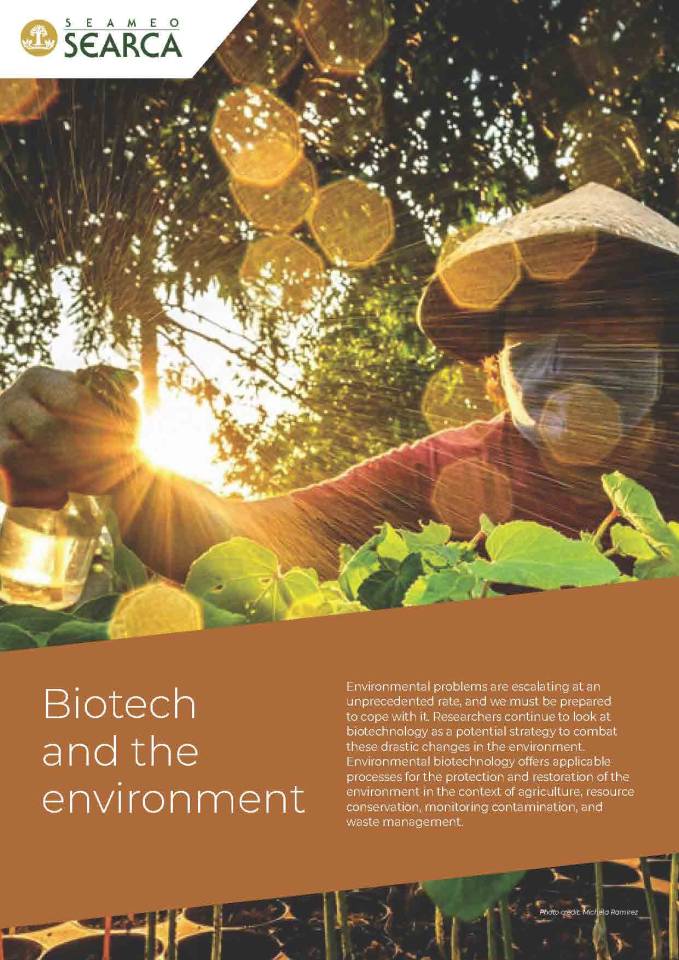
Environmental problems are escalating at an unprecedented rate, and we must be prepared to cope with it. Researchers continue to look at biotechnology as a potential strategy to combat these drastic environmental changes. Environmental biotechnology offers applicable processes for protecting and restoring the environment in agriculture, resource conservation, monitoring contamination, and waste management.
Consortium for Agricultural Development, Research and Extension (CADRE)
© 2024 SEARCA CADRE, All Rights Reserved.